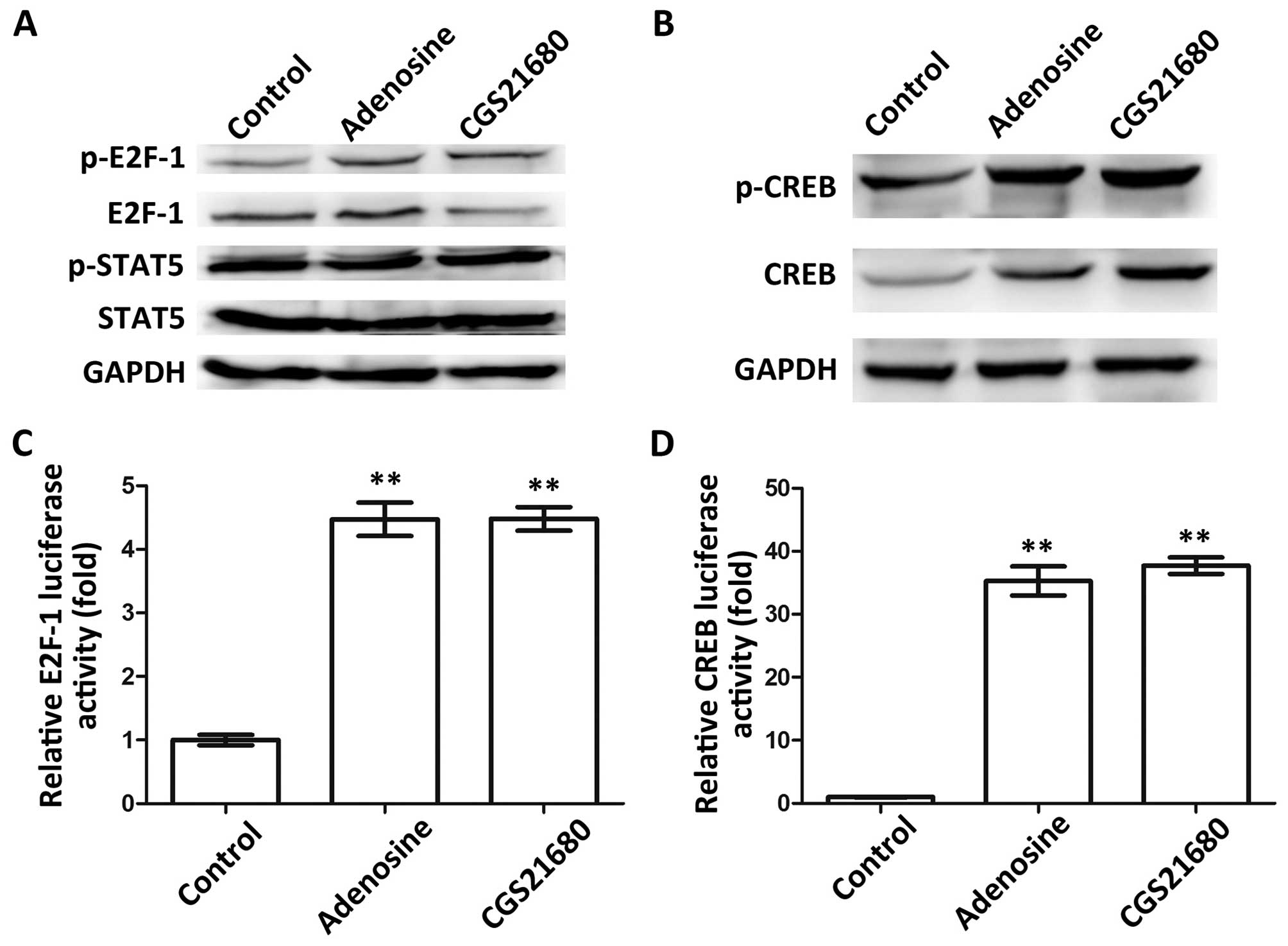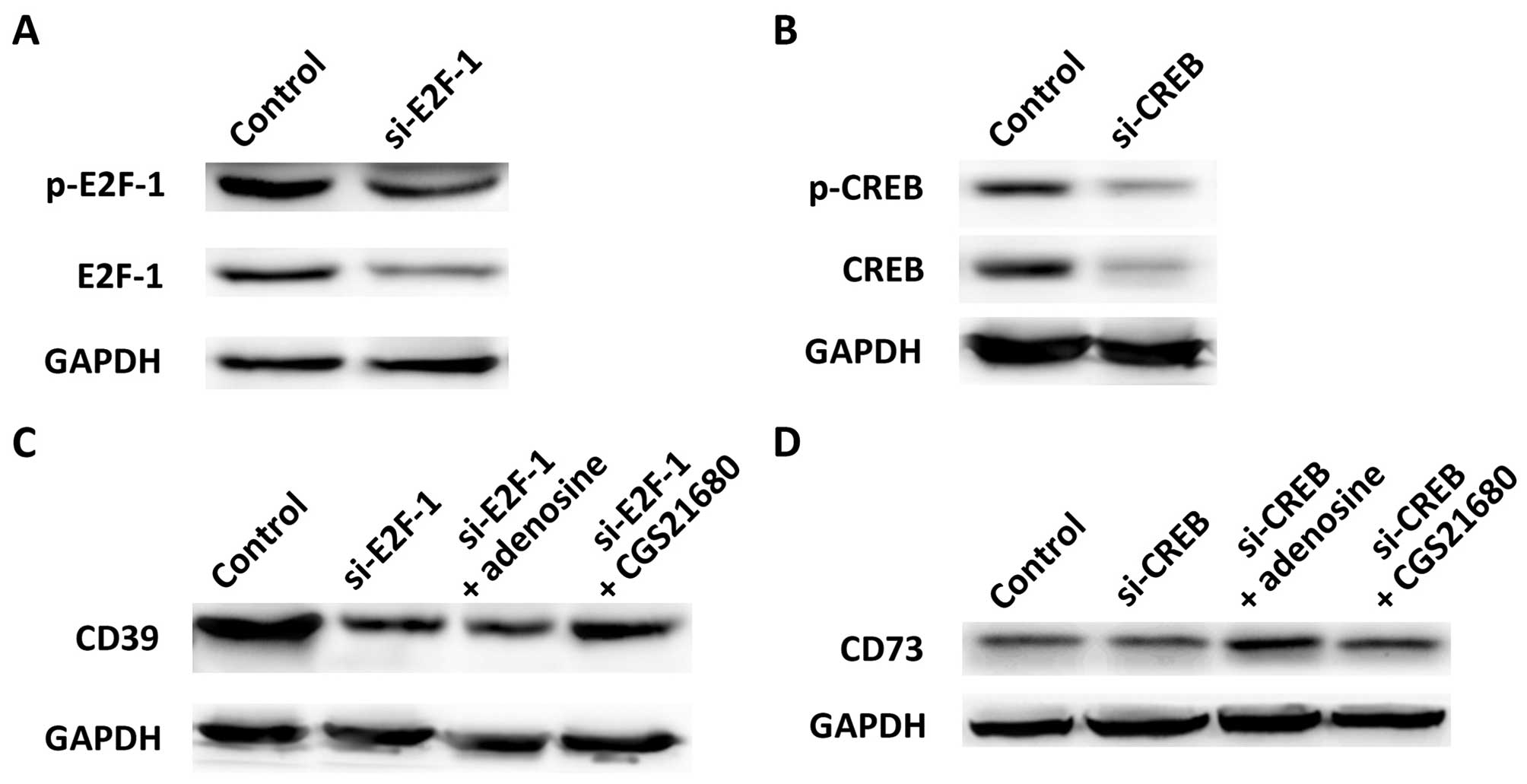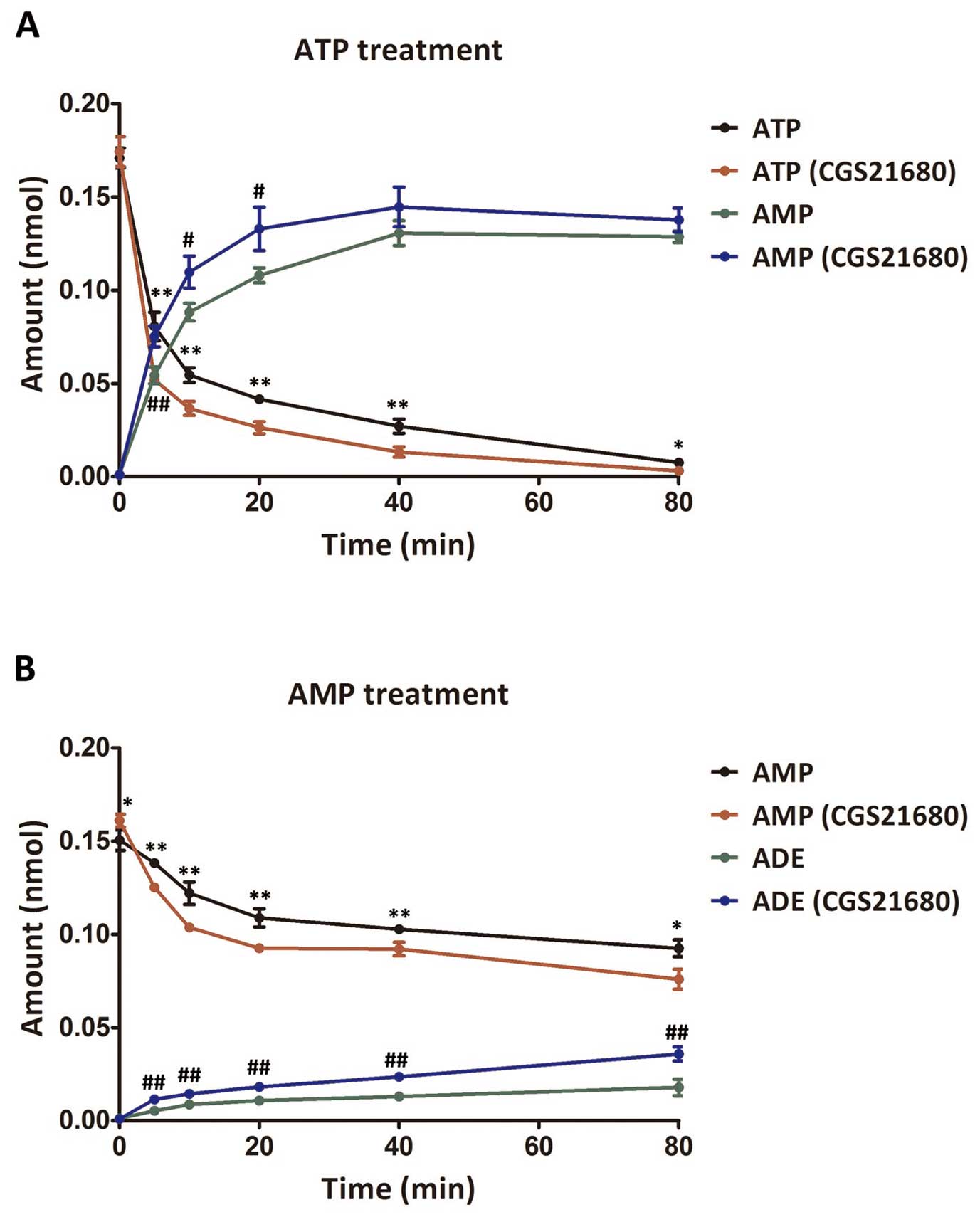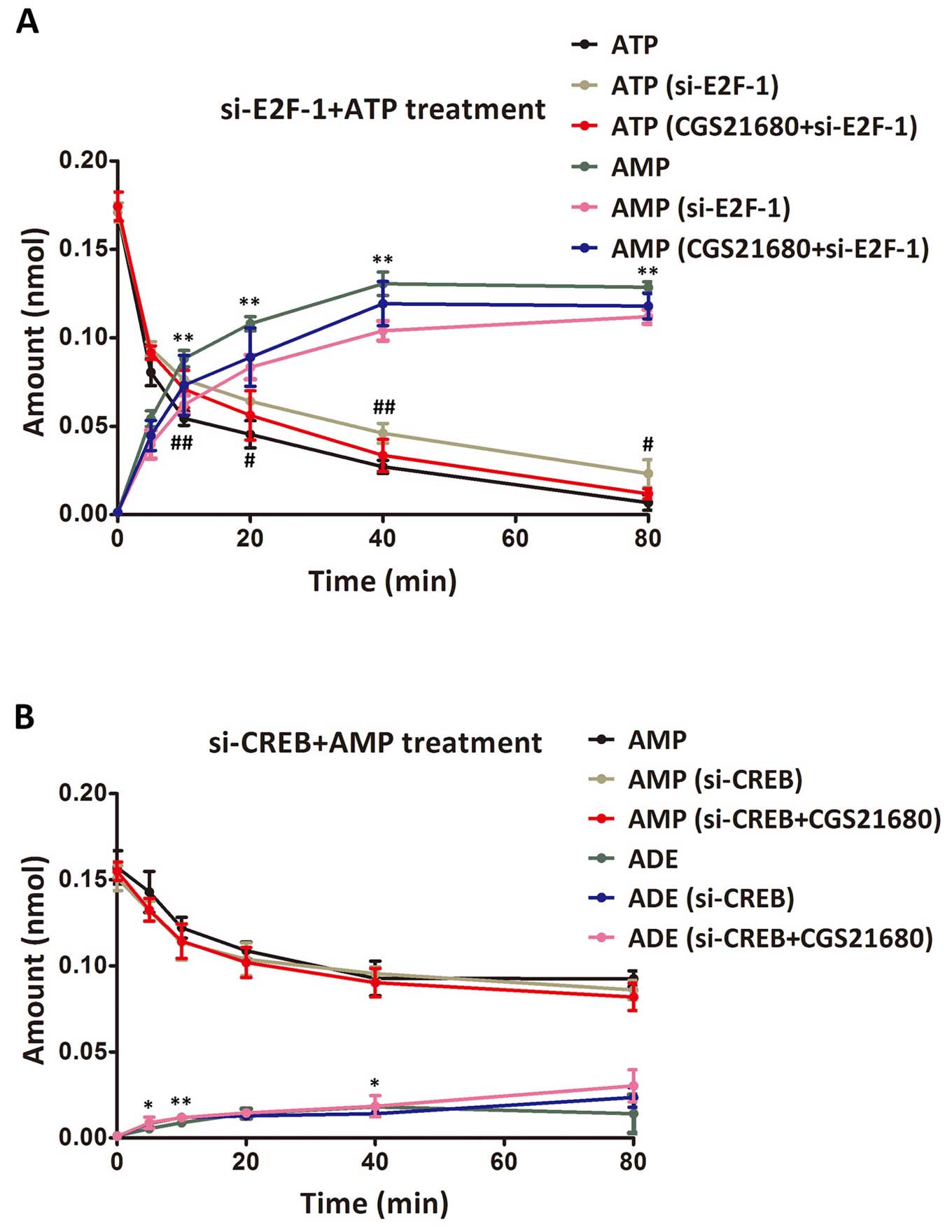|
1
|
Jawad I, Lukšić I and Rafnsson SB:
Assessing available information on the burden of sepsis: Global
estimates of incidence, prevalence and mortality. J Glob Health.
2:0104042012. View Article : Google Scholar : PubMed/NCBI
|
|
2
|
Henriksen DP, Laursen CB, Jensen TG,
Hallas J, Pedersen C and Lassen AT: Incidence rate of
community-acquired sepsis among hospitalized acute medical
patients-a population-based survey. Crit Care Med. 43:13–21. 2015.
View Article : Google Scholar
|
|
3
|
Dellinger RP, Levy MM, Rhodes A, Annane D,
Gerlach H, Opa SM, Sevransky JE, Sprung CL, Douglas IS, Jaeschke R,
et al Surviving Sepsis Campaign Guidelines Committee including The
Pediatric Subgroup: Surviving Sepsis Campaign: International
guidelines for management of severe sepsis and septic shock, 2012.
Intensive Care Med. 39:165–228. 2013. View Article : Google Scholar : PubMed/NCBI
|
|
4
|
Marik PE: Early management of severe
sepsis: concepts and controversies. Chest. 145:1407–1418. 2014.
View Article : Google Scholar : PubMed/NCBI
|
|
5
|
Kang JH, Super M, Yung CW, Cooper RM,
Domansky K, Graveline AR, Mammoto T, Berthet JB, Tobin H,
Cartwright MJ, et al: An extracorporeal blood-cleansing device for
sepsis therapy. Nat Med. 20:1211–1216. 2014. View Article : Google Scholar : PubMed/NCBI
|
|
6
|
Saito K, Wagatsuma T, Toyama H, Ejima Y,
Hoshi K, Shibusawa M, Kato M and Kurosawa S: Sepsis is
characterized by the increases in percentages of circulating
CD4+CD25+ regulatory T cells and plasma
levels of soluble CD25. Tohoku J Exp Med. 216:61–68. 2008.
View Article : Google Scholar : PubMed/NCBI
|
|
7
|
Sakaguchi S, Yamaguchi T, Nomura T and Ono
M: Regulatory T cells and immune tolerance. Cell. 133:775–787.
2008. View Article : Google Scholar : PubMed/NCBI
|
|
8
|
Borsellino G, Kleinewietfeld M, Di Mitri
D, Sternjak A, Diamantini A, Giometto R, Höpner S, Centonze D,
Bernardi G, Dell'Acqua ML, et al: Expression of ectonucleotidase
CD39 by Foxp3+ Treg cells: Hydrolysis of extracellular
ATP and immune suppression. Blood. 110:1225–1232. 2007. View Article : Google Scholar : PubMed/NCBI
|
|
9
|
Kobie JJ, Shah PR, Yang L, Rebhahn JA,
Fowell DJ and Mosmann TR: T regulatory and primed uncommitted CD4 T
cells express CD73, which suppresses effector CD4 T cells by
converting 5′-adenosine monophosphate to adenosine. J Immunol.
177:6780–6786. 2006. View Article : Google Scholar : PubMed/NCBI
|
|
10
|
Deaglio S, Dwyer KM, Gao W, Friedman D,
Usheva A, Erat A, Chen JF, Enjyoji K, Linden J, Oukka M, et al:
Adenosine generation catalyzed by CD39 and CD73 expressed on
regulatory T cells mediates immune suppression. J Exp Med.
204:1257–1265. 2007. View Article : Google Scholar : PubMed/NCBI
|
|
11
|
Yu Z and Jin T: Extracellular high dosages
of adenosine triphosphate induce inflammatory response and insulin
resistance in rat adipocytes. Biochem Biophys Res Commun.
402:455–460. 2010. View Article : Google Scholar : PubMed/NCBI
|
|
12
|
Cronstein BN: Adenosine, an endogenous
anti-inflammatory agent. J Appl Physiol (1985). 76:5–13. 1994.
|
|
13
|
Sullivan GW: Adenosine A2A receptor
agonists as anti-inflammatory agents. Curr Opin Investig Drugs.
4:1313–1319. 2003.
|
|
14
|
Csóka B, Németh ZH, Törő G, Koscsó B,
Kókai E, Robson SC, Enjyoji K, Rolandelli RH, Erdélyi K, Pacher P,
et al: CD39 improves survival in microbial sepsis by attenuating
systemic inflammation. FASEB J. 29:25–36. 2015. View Article : Google Scholar :
|
|
15
|
Haskó G, Csóka B, Koscsó B, Chandra R,
Pacher P, Thompson LF, Deitch EA, Spolarics Z, Virág L, Gergely P,
et al: Ecto-5′-nucleotidase (CD73) decreases mortality and organ
injury in sepsis. J Immunol. 187:4256–4267. 2011. View Article : Google Scholar
|
|
16
|
Rittirsch D, Huber-Lang MS, Flierl MA and
Ward PA: Immuno-design of experimental sepsis by cecal ligation and
puncture. Nat Protoc. 4:31–36. 2009. View Article : Google Scholar
|
|
17
|
Busse M, Traeger T, Pötschke C, Billing A,
Dummer A, Friebe E, Kiank C, Grunwald U, Jack RS, Schütt C, et al:
Detrimental role for CD4+ T lymphocytes in murine
diffuse peritonitis due to inhibition of local bacterial
elimination. Gut. 57:188–195. 2008. View Article : Google Scholar
|
|
18
|
Eltzschig HK, Köhler D, Eckle T, Kong T,
Robson SC and Colgan SP: Central role of Sp1-regulated CD39 in
hypoxia/ischemia protection. Blood. 113:224–232. 2009. View Article : Google Scholar :
|
|
19
|
Chalmin F, Mignot G, Bruchard M, Chevriaux
A, Végran F, Hichami A, Ladoire S, Derangère V, Vincent J, Masson
D, et al: Stat3 and Gfi-1 transcription factors control Th17 cell
immuno-suppressive activity via the regulation of ectonucleotidase
expression. Immunity. 36:362–373. 2012. View Article : Google Scholar : PubMed/NCBI
|
|
20
|
Bellingan G, Maksimow M, Howell DC, Stotz
M, Beale R, Beatty M, Walsh T, Binning A, Davidson A, Kuper M, et
al: The effect of intravenous interferon-beta-1a (FP-1201) on lung
CD73 expression and on acute respiratory distress syndrome
mortality: An open-label study. Lancet Respir Med. 2:98–107. 2014.
View Article : Google Scholar : PubMed/NCBI
|
|
21
|
Dwyer KM, Deaglio S, Gao W, Friedman D,
Strom TB and Robson SC: CD39 and control of cellular immune
responses. Purinergic Signal. 3:171–180. 2007. View Article : Google Scholar
|
|
22
|
Thompson LF, Eltzschig HK, Ibla JC, Van De
Wiele CJ, Resta R, Morote-Garcia JC and Colgan SP: Crucial role for
ecto-5′-nucleotidase (CD73) in vascular leakage during hypoxia. J
Exp Med. 200:1395–1405. 2004. View Article : Google Scholar : PubMed/NCBI
|
|
23
|
Wan W, Sutherland GR and Geiger JD:
Binding of the adenosine A2 receptor ligand [3H]CGS 21680 to human
and rat brain: Evidence for multiple affinity sites. J Neurochem.
55:1763–1771. 1990. View Article : Google Scholar : PubMed/NCBI
|
|
24
|
Antonioli L, Pacher P, Vizi ES and Haskó
G: CD39 and CD73 in immunity and inflammation. Trends Mol Med.
19:355–367. 2013. View Article : Google Scholar : PubMed/NCBI
|
|
25
|
Saldanha-Araujo F, Ferreira FI, Palma PV,
Araujo AG, Queiroz RH, Covas DT, Zago MA and Panepucci RA:
Mesenchymal stromal cells up-regulate CD39 and increase adenosine
production to suppress activated T-lymphocytes. Stem Cell Res
(Amst). 7:66–74. 2011. View Article : Google Scholar
|
|
26
|
Botta Gordon-Smith S, Ursu S, Eaton S,
Moncrieffe H and Wedderburn LR: Correlation of low CD73 expression
on synovial lymphocytes with reduced adenosine generation and
higher disease severity in juvenile idiopathic arthritis. Arthritis
Rheumatol. 67:545–554. 2015. View Article : Google Scholar
|
|
27
|
Grünewald JK and Ridley AJ: CD73 represses
pro-inflammatory responses in human endothelial cells. J Inflamm
(Lond). 7:102010. View Article : Google Scholar
|
|
28
|
Alam MS, Kurtz CC, Rowlett RM, Reuter BK,
Wiznerowicz E, Das S, Linden J, Crowe SE and Ernst PB: CD73 is
expressed by human regulatory T helper cells and suppresses
proinflammatory cytokine production and Helicobacter felis-induced
gastritis in mice. J Infect Dis. 199:494–504. 2009. View Article : Google Scholar : PubMed/NCBI
|
|
29
|
Martin C, Leone M, Viviand X, Ayem ML and
Guieu R: High adenosine plasma concentration as a prognostic index
for outcome in patients with septic shock. Crit Care Med.
28:3198–3202. 2000. View Article : Google Scholar : PubMed/NCBI
|
|
30
|
Alam MS, Kurtz CC, Wilson JM, Burnette BR,
Wiznerowicz EB, Ross WG, Rieger JM, Figler RA, Linden J, Crowe SE
and Ernst PB: A2A adenosine receptor (AR) activation inhibits
pro-inflammatory cytokine production by human CD4+
helper T cells and regulates Helicobacter-induced gastritis and
bacterial persistence. Mucosal Immunol. 2:232–242. 2009. View Article : Google Scholar : PubMed/NCBI
|
|
31
|
Moore CC, Martin EN, Lee GH, Obrig T,
Linden J and Scheld WM: An A2A adenosine receptor agonist, ATL313,
reduces inflammation and improves survival in murine sepsis models.
BMC Infect Dis. 8:1412008. View Article : Google Scholar : PubMed/NCBI
|
|
32
|
Sullivan GW, Fang G, Linden J and Scheld
WM: A2A adenosine receptor activation improves survival in mouse
models of endotoxemia and sepsis. J Infect Dis. 189:1897–1904.
2004. View
Article : Google Scholar : PubMed/NCBI
|



















